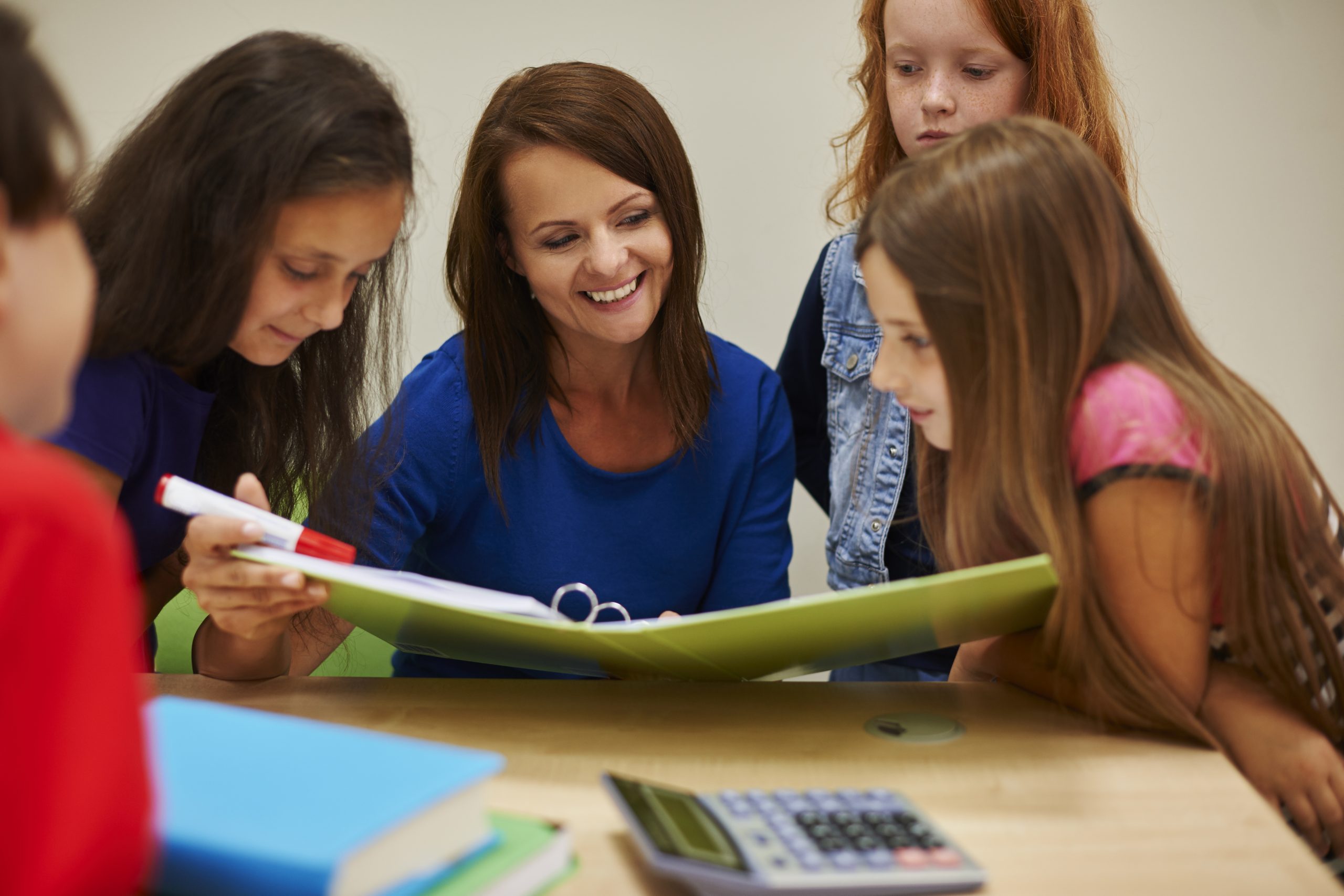Teachers play a crucial role in shaping the lives of their students, not only academically but also emotionally and socially. In order to create a positive and supportive learning environment, it is essential for teachers to possess strong interpersonal management skills. These skills enable teachers to effectively communicate and form meaningful relationships with their students, fostering mutual respect and understanding. In this blog, we will explore the significance of interpersonal management skills for teachers and provide practical strategies to enhance these skills.
Understanding Interpersonal Management Skills
Interpersonal management skills refer to the ability to interact and communicate effectively with others, particularly in a professional setting. For teachers, this is one of the most essential 21st century skills to learn to create a harmonious and engaging learning environment. It enables teachers to establish productive relationships with their students, colleagues, and parents/guardians.
Common challenges faced by teachers in interpersonal management include dealing with diverse personalities, managing conflicts, and ensuring effective communication throughout the school community. By developing and honing these skills, teachers can navigate these challenges more successfully and build stronger connections with their students.
Developing Effective Communication Strategies
Effective communication lies at the heart of building strong rapport with students. Teachers can enhance their communication skills by employing active listening techniques. This involves giving full attention to students when they are speaking, paraphrasing their thoughts to ensure understanding, and responding with empathy and encouragement.
In addition to listening, teachers should also focus on improving their verbal and non-verbal communication methods. Clear and concise language, appropriate tone, and body language that conveys interest and openness can greatly contribute to effective communication within the classroom.
Building Positive Relationships with Students
Building positive relationships with students is paramount in creating an optimal future-ready learning environment. To establish trust and mutual respect, teachers should strive to get to know each student individually. This entails understanding their strengths, weaknesses, interests, and backgrounds. By showing genuine care and interest, teachers can foster a sense of belonging, create a safe space for students to express themselves, and support each student’s journey of developing learning power.
Encouraging student engagement and participation is another pivotal aspect of building positive relationships. Teachers can achieve this by providing opportunities for student-led discussions, group projects, and interactive classroom activities. This not only empowers students to take ownership of their learning but also strengthens their connection with the teacher.
Conflict is inevitable in any interpersonal relationship, and the teacher-student relationship is no exception. When conflicts arise, it is important for teachers to manage them in a constructive manner. Teachers should approach conflicts with empathy, actively listen to students’ concerns, and work collaboratively towards a resolution. By modeling effective conflict resolution skills, teachers teach students valuable life lessons in managing relationships.
Collaborating with Parents and Colleagues
Collaboration with parents and colleagues is essential for ensuring student success. Open and consistent communication channels with parents are crucial in creating a supportive home-school partnership. Teachers should maintain regular communication through newsletters, emails, and parent-teacher conferences to keep parents informed about their child’s progress, as well as any concerns or achievements.
Additionally, collaboration with fellow teachers fosters an environment of support and professional growth. Sharing ideas, resources, and best practices enable teachers to evolve and improve their teaching methods. Establishing a culture of collaboration within the school community benefits both teachers and students, ultimately enhancing the learning experience.
While collaborating with parents and colleagues, teachers may encounter challenging interactions. It is important for teachers to approach these interactions professionally, remaining calm and focused on finding solutions. Active listening, empathy, and respect are key components of successful communication even during difficult conversations.
Cultivating a Positive Classroom Environment
A positive classroom environment is conducive to effective teaching and learning. Teachers can create such an environment by fostering inclusivity and diversity. Embracing students’ diverse backgrounds, cultures, and perspectives allows every student to feel valued and respected.
Classroom management strategies also contribute to cultivating a positive environment. Setting clear expectations, establishing routines, and maintaining consistency create a structured and secure learning atmosphere. Teachers should actively promote positive behavior by providing appropriate reinforcement and corrective feedback.
Self-reflection and Professional Growth
Effective teachers understand the importance of continual self-reflection and seeking opportunities for professional growth. Teachers should constantly evaluate their own interpersonal management skills and seek feedback from their students, colleagues, and supervisors. This allows teachers to identify areas for improvement and implement targeted strategies for growth.
Various resources and professional development opportunities are available to teachers looking to enhance their interpersonal management skills. Workshops, courses, and conferences provide avenues for learning new techniques and gaining insights from experienced educators. Engaging in professional learning communities or online forums also facilitates ongoing dialogue and learning among teachers.
Conclusion
In conclusion, interpersonal management skills play a fundamental role in effective teaching. By developing strong communication strategies, building positive relationships with students, collaborating with parents and colleagues, and cultivating a positive classroom environment, teachers can create an optimal learning environment for all students. Continuous self-reflection and professional growth further enhance these skills, ensuring ongoing improvement. By prioritising interpersonal management skills, teachers unlock the key to impactful teaching and positively influence their students’ lives.
For more teacher resources like this, visit www.zamit.one.


